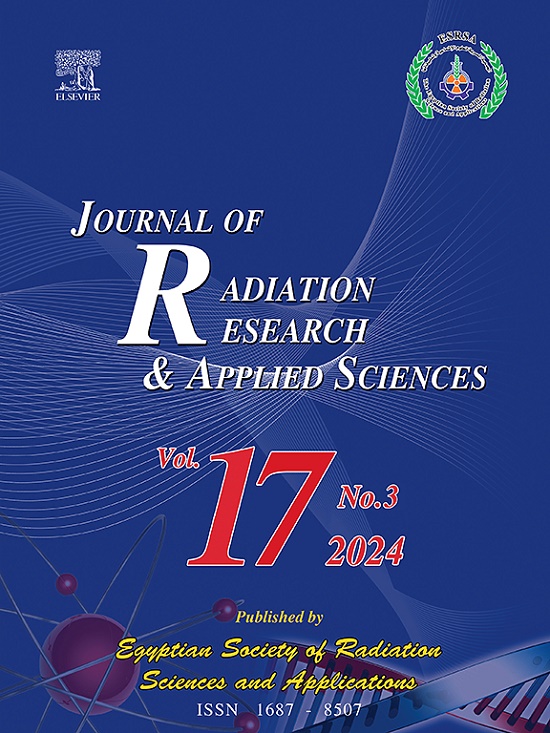Impact of public education spending on GDP in Gulf countries: A machine learning analysis
IF 1.7
4区 综合性期刊
Q2 MULTIDISCIPLINARY SCIENCES
Journal of Radiation Research and Applied Sciences
Pub Date : 2025-03-16
DOI:10.1016/j.jrras.2025.101423
引用次数: 0
Abstract
This study explores the dynamic relationship between public education expenditure and GDP in Gulf countries from 1980 to 2022. Using a fixed-effects panel regression model, we analyze how education spending, along with other macroeconomic factors (inflation, unemployment, trade openness), affects economic performance. Our findings indicate a statistically significant positive relationship between education expenditure and GDP, which supports human capital theory and highlights the essential role of education in achieving long-term economic prosperity. In addition to education, we find that oil prices and final consumption expenditure also positively influence GDP. However, the impact of gross capital formation is not statistically significant. The model accounts for a substantial portion of the variation in GDP (R-squared = 0.99), although some unexplained variance suggests the presence of other influencing factors. These results emphasize the importance of continued investment in education, along with policies aimed at enhancing educational quality and promoting economic diversification, for sustainable development in the Gulf region.
海湾国家公共教育支出对国内生产总值的影响:机器学习分析
本研究探讨了1980 - 2022年海湾国家公共教育支出与GDP之间的动态关系。使用固定效应面板回归模型,我们分析了教育支出如何与其他宏观经济因素(通货膨胀、失业、贸易开放)一起影响经济表现。我们的研究结果表明,教育支出与GDP之间存在统计学上显著的正相关关系,这支持了人力资本理论,并突出了教育在实现长期经济繁荣中的重要作用。除教育外,我们发现油价和最终消费支出对GDP也有正向影响。然而,总资本形成的影响在统计上并不显著。该模型解释了GDP变化的很大一部分(r平方= 0.99),尽管一些无法解释的方差表明存在其他影响因素。这些结果强调了继续对教育进行投资以及旨在提高教育质量和促进经济多样化的政策对海湾区域可持续发展的重要性。
本文章由计算机程序翻译,如有差异,请以英文原文为准。
求助全文
约1分钟内获得全文
求助全文
来源期刊

Journal of Radiation Research and Applied Sciences
MULTIDISCIPLINARY SCIENCES-
自引率
5.90%
发文量
130
审稿时长
16 weeks
期刊介绍:
Journal of Radiation Research and Applied Sciences provides a high quality medium for the publication of substantial, original and scientific and technological papers on the development and applications of nuclear, radiation and isotopes in biology, medicine, drugs, biochemistry, microbiology, agriculture, entomology, food technology, chemistry, physics, solid states, engineering, environmental and applied sciences.
 求助内容:
求助内容: 应助结果提醒方式:
应助结果提醒方式:


